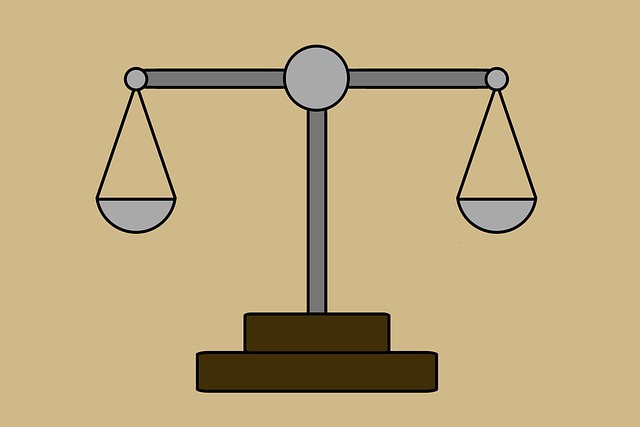Florida's personal injury statute of limitations requires lawsuits to be filed within four years for most cases, but exceptions exist. These include shorter deadlines for medical malpractice (2 years) and extensions for legal disabilities or fraudulent concealment. Prompt action is crucial for complex claims like real estate litigation, protecting rights and maximizing favorable outcomes.
Understanding the personal injury statute of limitations is crucial for any individual seeking compensation after an accident. This article breaks down the essential components of this legal limit, answering key questions such as “What is the statute of limitations?” and “How long do you have to file a claim?” We also explore exceptions and ways to extend deadlines, providing insights into navigating this complex aspect of personal injury law.
- What Is the Statute of Limitations?
- How Long Do You Have to File?
- Key Exceptions and Extending Deadlines
What Is the Statute of Limitations?

The personal injury statute of limitations refers to a legal time frame within which an individual must file a lawsuit following an injury or harm caused by another party. This crucial piece of legislation sets deadlines for individuals seeking compensation for their injuries, ensuring that cases are resolved in a timely manner. In Florida, the statute of limitations for personal injury claims is generally four years from the date of the incident, as per Florida Statutes § 95.11.
Understanding this legal concept is essential for victims of accidents or harm, especially when dealing with complex matters such as breach of fiduciary duty or real estate litigation. An Orlando accident lawyer can provide invaluable guidance in navigating these complexities and ensuring that any potential claim is filed within the prescribed time frame. Timely filing not only adheres to legal requirements but also maximizes the chances of a favorable outcome for the victim.
How Long Do You Have to File?

When it comes to personal injury claims, time is of the essence. Understanding the personal injury statute of limitations is crucial because it sets a strict deadline for filing your lawsuit. In Florida, including Orlando, the clock typically starts ticking from the date of the accident or when the injury was discovered. For most personal injury cases, you have four years to file a claim with the court. However, this timeline can vary depending on the type of case and specific circumstances.
For instance, in cases involving medical malpractice or caregiver abuse, the statute of limitations may be shorter, often just two years. In complex scenarios like real estate litigation or when dealing with an Orlando truck accident lawyer, legal experts recommend acting swiftly to ensure your rights are protected and to increase the chances of a favorable outcome.
Key Exceptions and Extending Deadlines

There are several key exceptions to the general rule of personal injury statute of limitations. For instance, if the victim was under a legal disability at the time of the incident—such as a minor or someone deemed mentally incompetent—the deadline for filing a claim is extended. Additionally, cases involving fraudulent concealment where the defendant deliberately hid information from the plaintiff can also toll (pause) the statute of limitations. These exceptions ensure that individuals who may be unable to protect their rights due to unique circumstances still have a chance to seek personal injury statute of limitations justice and medical bill compensation.
Another way deadlines can be extended is through the discovery rule, which starts the clock when the plaintiff discovers or should have discovered the injury and its causation. This is particularly relevant in cases involving latent injuries or complex medical conditions that take time to diagnose. For example, a defective product injury victim might not realize they were injured until years after the incident due to delayed onset symptoms, allowing for an extended period to file a lost wages claim.
Understanding the personal injury statute of limitations is crucial for any individual considering legal action after an accident. By knowing how much time you have to file a claim, you can ensure your rights are protected and take timely steps towards justice. While the deadline varies based on jurisdiction and type of injury, recognizing key exceptions and opportunities to extend these deadlines can make all the difference in the outcome of your case. Remember, each state has its own rules, so it’s essential to consult local legal experts for precise guidance regarding the personal injury statute of limitations.






